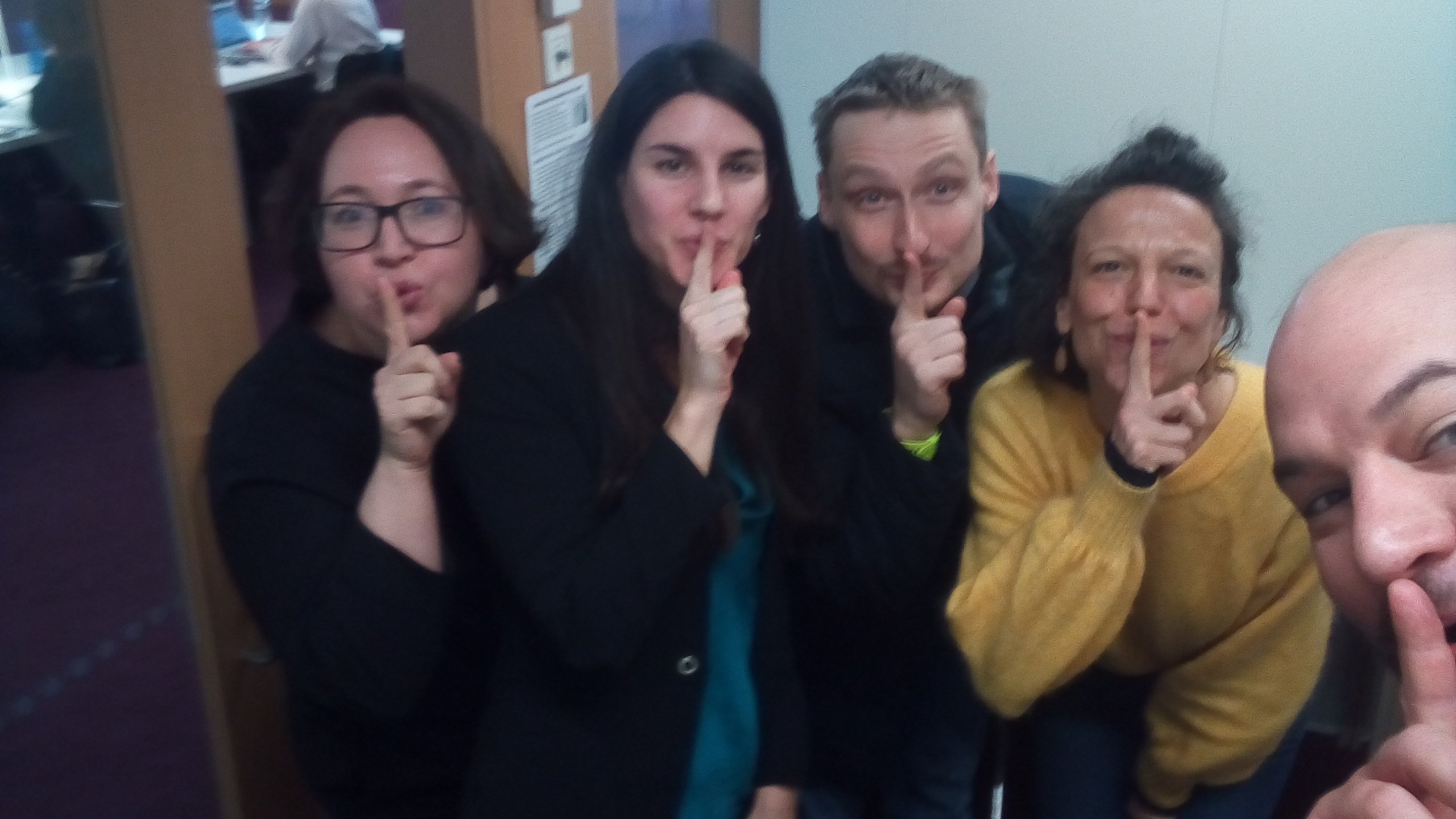Dear Colleagues and Friends,
we kindly invite you to the next Helsinki University Environmental Humanities Forum
March 12 (Tuesday) at 14.15-15.45
Dmitry Arzyutov, KTH Royal Institute of Technology in Stockholm, Sweden
“Environmental Encounters: Woolly Mammoth, Indigenous Communities, and Metropolitan Scientists in the Soviet Arctic”
at Kielikeskus (Language Center) sh.204 (Fabianinkatu 26)
Please kindly see Abstract and short Bio of Speaker below.
Looking forward to meeting/seeing you soon!
Twitter @helsinkienvhum
Facebook @helsinkienvhum
Blog: https://blogs.helsinki.fi/
With kind wishes, Viktor Pál and Mikko Saikku
Abstract
Environmental Encounters: Woolly Mammoth, Indigenous Communities, and Metropolitan Scientists in the Soviet Arctic
The article deals with the history of mammoth (re)search and perceptions in the Soviet Arctic. Based on published and unpublished sources as well as interviews with scholars and reindeer hunters and herders the author argues that the mammoth as a material paleontological find embodies indigenous sense of belonging to the land, various scholarly models and (academic) geopolitics which encounter each other in different times as well as social, political and natural environments. These encounters shape the temporal stabilisations of knowledge which enable the mammoth to live its post-extinct life. The article combines the approaches of environmental history, history of science and indigenous studies showing the social vitality of a ‘fossil object’. The text is organised around the narratives which crystalize the argument of the article, namely (a) indigenous concepts of the mammoth in the context of mammoth tusk trade and the Arctic exploration, (b) the search of the mammoth as a political project supporting the national building in pre-war Soviet Union, and (c) the mammoth ‘diplomacy’ during the Cold War and its role in shaping transnational networks of collaborations the threads of which go to the modern concepts of the mammoth as a symbol of “Arcticness”. Following the mammoth through all these narratives a reader can see how this ‘fossil object’ has been used and is able to be part of multiple negotiations at various levels.
Key words: mammoth, encounters, environment, stabilisation, indigeneity, palaeontology, Soviet Union, Arctic
Bio
Dmitry V. Arzyutov is a doctoral candidate at KTH Royal Institute of Technology (Stockholm, Sweden) and Honorary Research Fellow at the Department of Anthropology, University of Aberdeen (UK). He holds PhD in Anthropology (St Petersburg) and is working on his second doctorate in the History of Science and Environment. He has published extensively in Russian, English and French on indigenous religions in South Siberia, environmental anthropology and history of the Russian Arctic, history of Russian/Soviet anthropology in a transnational context, and visual anthropology.
Division of History of Science, Technology and Environment
KTH Royal Institute for Technology
100 44 Stockholm, Sweden

